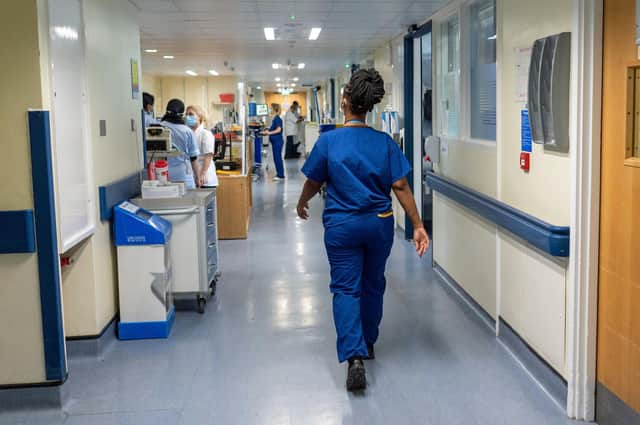Hospital machine beeping costing hundreds of lives every year, study claims
This article contains affiliate links. We may earn a small commission on items purchased through this article, but that does not affect our editorial judgement.


"Annoying" hospital beeps might be costing the lives of hundreds of patients every year, a study has shown.
If you've been to any hospital recently, you will likely have been all too aware of the constant beeping from patient monitors, ventilators and dialysis machines - not to mention the other noises made by IV drips and other medical equipment. This equipment is designed to save lives, and notify doctors of a patient's condition, but could be doing more harm than we realise.
Advertisement
Hide AdAdvertisement
Hide AdIn fact, a study published in the journal Critical Care Medicine suggests it could be indirectly causing the deaths of hundreds of hospital patients.
This isn't a case of patients getting so sick of hearing the noises that they lose the will to live. In fact, it could be the opposite, with the machines making so many sounds that doctors "tune out" the noise, meaning they could miss vital information about a patient.
The authors of the study said: "Even with modern monitoring systems most alarms are not clinically relevant. During 982 hours of observation, 5934 alarms were annotated, corresponding to six alarms per hour.
"As the majority of alarms are simple threshold alarms, statistical methods may be suitable to help reduce the number of false-positive alarms.
Advertisement
Hide AdAdvertisement
Hide Ad"Currently, monitoring of physiologic parameters in critically ill patients is performed by alarm systems with high sensitivity, but low specificity. As a consequence, a multitude of alarms with potentially negative impact on the quality of care is generated."
Comment Guidelines
National World encourages reader discussion on our stories. User feedback, insights and back-and-forth exchanges add a rich layer of context to reporting. Please review our Community Guidelines before commenting.
